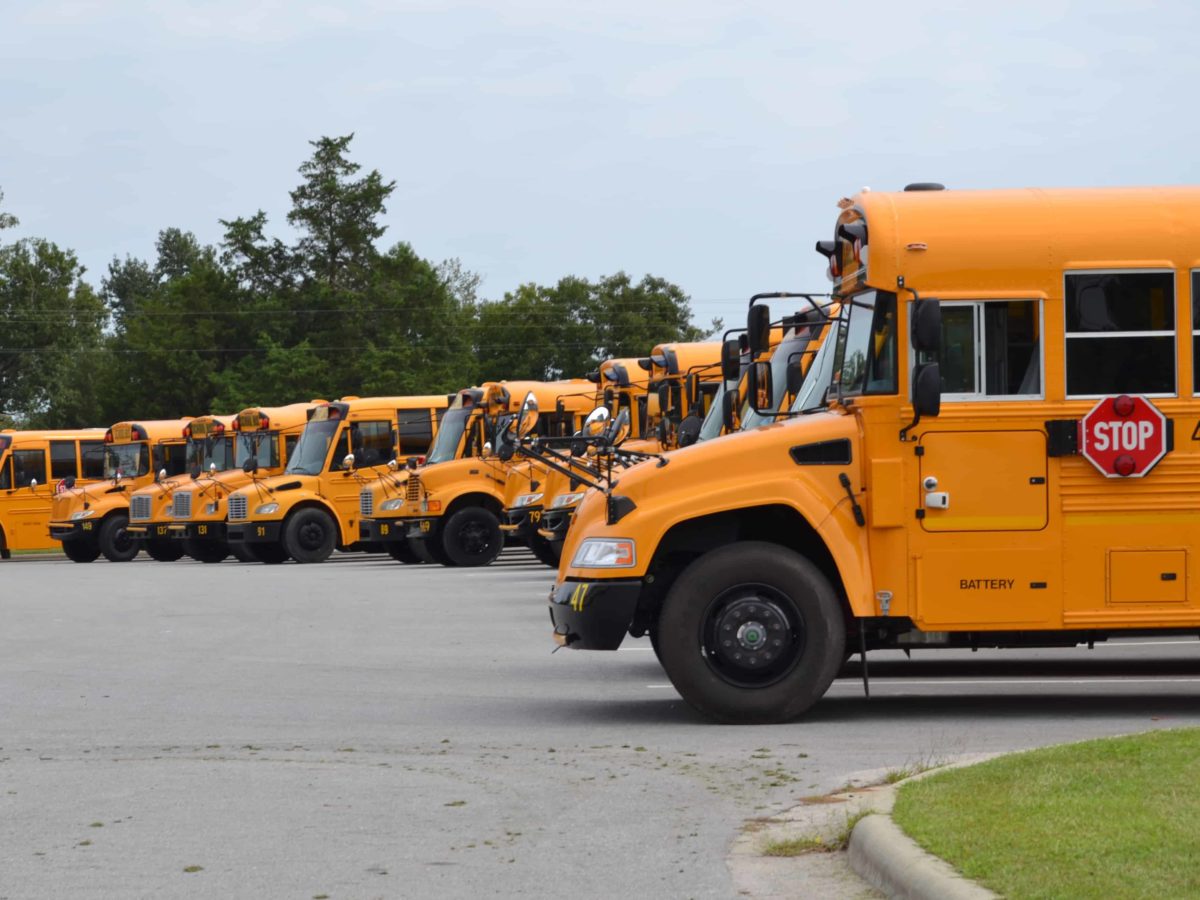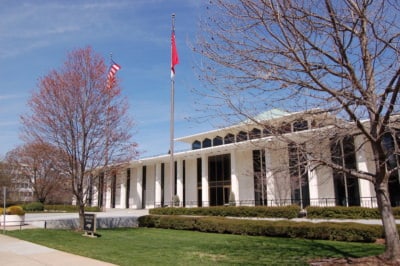

Whoever wins the governor’s office in the November election will have to steer the ship of state through uncertain fiscal waters. A less-than-roaring recovery from the Great Recession, along with state government’s own tax and budget decisions, likely will exert restraint on the 2017-18 education agenda.
Given that Republican Pat McCrory and Democrat Roy Cooper are competing over who’s more committed to adequate teacher pay, you can assume that the issue will rank high when the General Assembly convenes next year. But what else depends largely on the extent of revenue growth, which depends on how well the state’s economy performs, which is linked to the health of the nation’s economy.
The legislature added a measure of uncertainty in its re-arranging of the state’s tax system. Lawmakers lowered and flattened the personal and corporate income tax, and raised an array of sales-type taxes. The system is now based less on the ability to pay, while its revenue-producing power remains unclear.
Meanwhile, at the end of August, the Office of State Budget and Management sent out instructions to state agencies that put tight limits on how much they can propose for the next biennium. It tells agencies to identify options for cutting their budgets by two percent, and it says that requests to expand spending cannot exceed two percent. The budget office says agencies must submit plans that are “budget neutral or result in net savings.” The memo did not exempt education.
Of course, when a governor takes office in January, he will be free to accept or modify the budget recommendations now in the works — and to put his own stamp on education. Still, the question arises: At a time when there’s no guarantee of robust revenue growth, what priorities make sense?
Kati Haycock, the chief executive officer of The Education Trust, addressed that question a few days ago during a visit to the University of North Carolina at Chapel Hill. The Education Trust is a Washington-based nonprofit advocacy organization that promotes high academic achievement, especially for students from low-income families. Haycock, a strong voice in national education policymaking, took part in a public forum with UNC President Margaret Spellings and in a roundtable discussion with education deans and public policy faculty.
In terms of education initiatives, she said, North Carolina and Texas “were the real growers in the 1990s.” Now, in different fiscal and political environments, both states have, as she said, “leveled off.”
In addition to saying that teachers ought to be paid in alignment with other college-educated professionals, Haycock offered three ideas as her choices for state-level education priorities.
First, states need a flowing pipeline of well-prepared, well-paid school principals. “There is no improvement strategy that works around school leadership,” she said.
Second, states need a literacy strategy. She spoke of “getting reading skills solid early’’ along with support for “trailing learners.”
Third, states should pay more attention to actual classroom assignments given by teachers to students. Too many assignments, she said, are not aligned with standards. “Even in our middle class schools,’’ she said, “it’s a sorry picture.” Teachers should receive far more assistance and mentoring in day-to-day classroom assignments.
No doubt other education policy thinkers would offer alternative ideas. With more than a month left in the gubernatorial campaign, there’s still time for McCrory and Cooper to expand their discussion and debate over education priorities for 2017 and beyond. While winning is the first priority for a candidate in a hard-fought election, a campaign is also a time for building public will for an educational agenda that does more than keep North Carolina leveled off.


